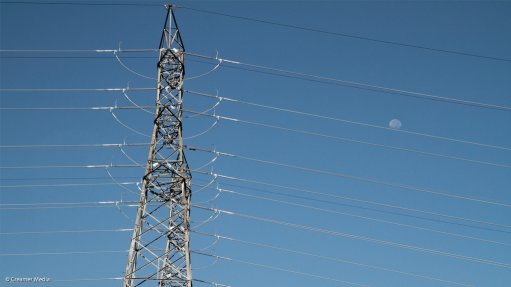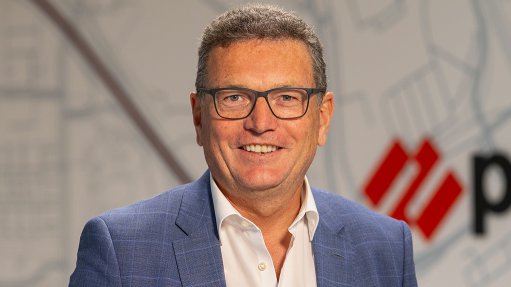Collaborative effort under way to develop next generation of foundrymen

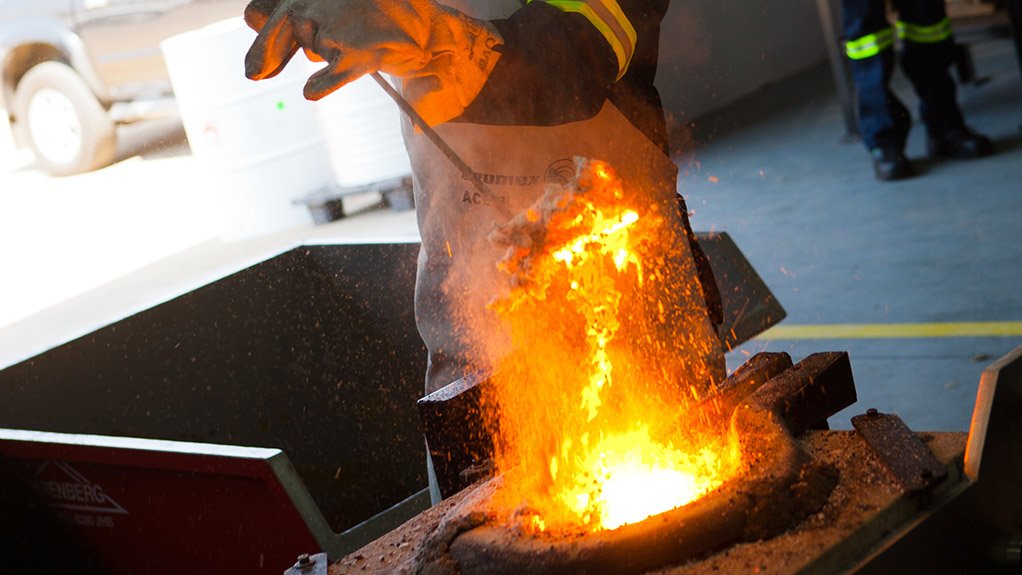
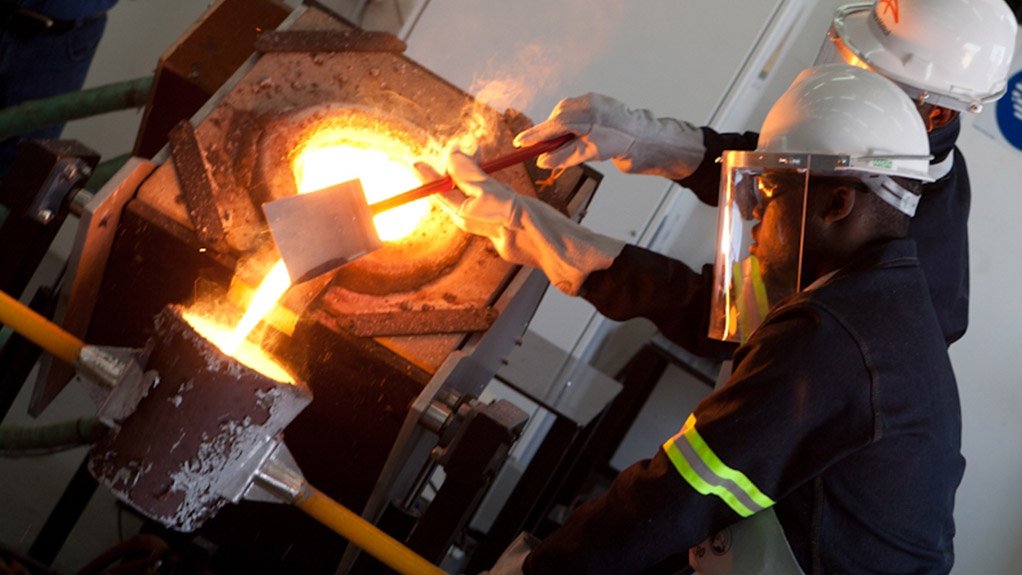
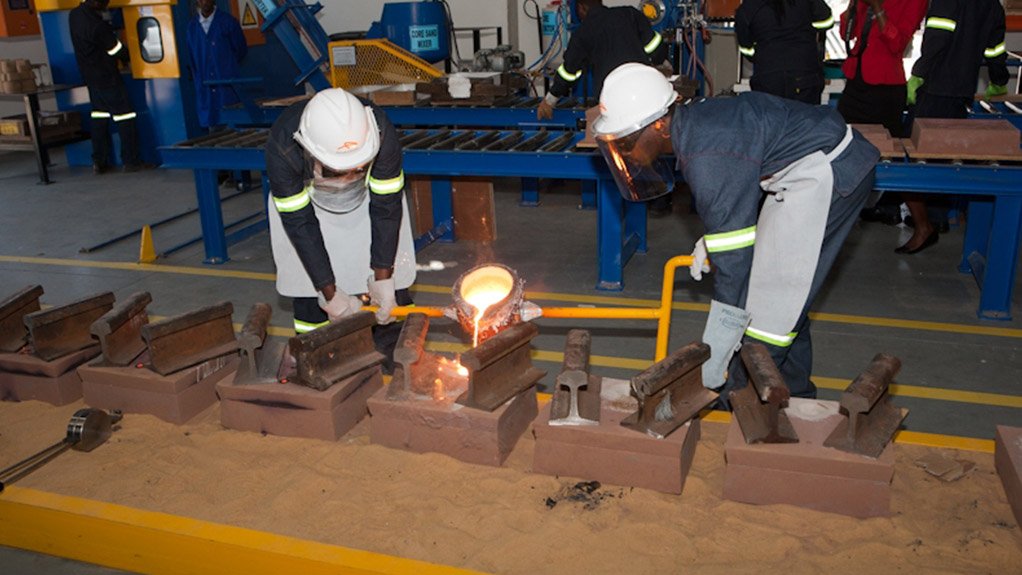
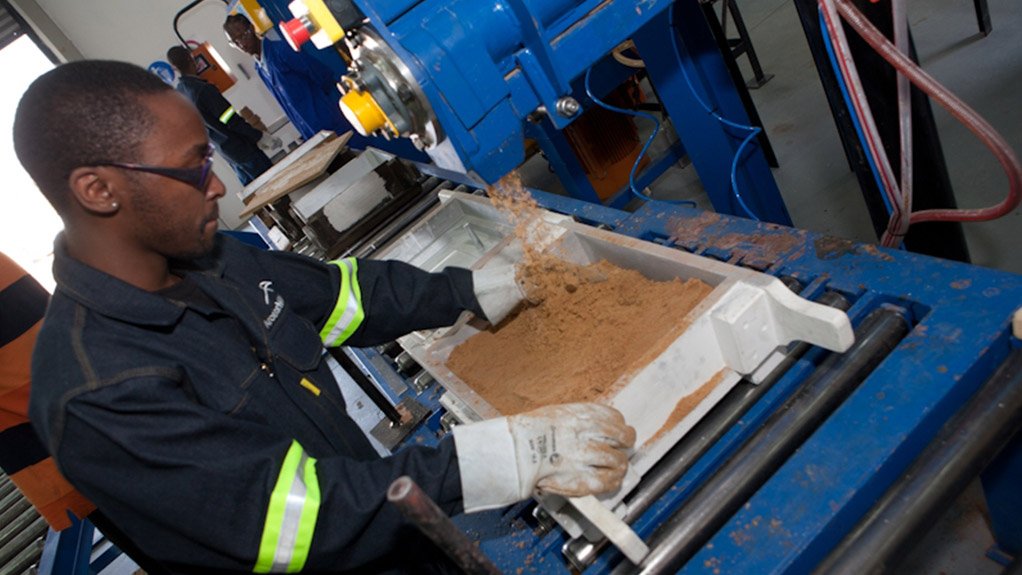
SAMPLING The centre has a sample-testing laboratory for sand and metal testing to ensure that it meets international and local quality standards
METAL STREAM INOCULATION Students inoculate molten iron with a metal grain refiner prior to casting
CASTING Students pour molten iron into pattern moulds
MOULDING A student prepares the mould of a pattern using resin sand
Foundries have partnered with government departments, research and development organisations and universities to develop foundry skills through the Gauteng Foundry Training Centre (GFTC), says National Foundry Technology Network (NFTN) project manager Adrie El Mohamadi.
The newly built GFTC is located at the Ekurhuleni East College, in KwaThema, and will train 20 school leavers and new entrants to the foundry industry each year from January 2014.
The centre will train melters, moulders and pattern makers and the development of foundry industry skills follows the tried-and-tested apprenticeship method, underpinned by a solid theoretical understanding, ensuring the employability of students in industry, she notes.
“The centre offers metal, wood and resin pattern making, bentonite and chemically bonded sand moulding and ferrous and non-ferrous melting training. The centre also has a fully equipped sample-testing laboratory for sand and metal testing to ensure that it meets international and local quality standards,” says GFTC manager Robert Bezuidenhout.
The NFTN, the South African Institute of Foundrymen (SAIF), the Manufacturing, Engineering and Related Services Sector Education and Training Authority (Merseta), the University of Johannesburg (UJ) Metal Casting Technology Station and the Ekurhuleni East College, as well as more than 20 companies in the industry, are providing the framework that will inform training courses to keep them current and relevant to the local and global foundry industry.
A demonstration was held at the centre for industry representatives last month. Ten third-year interns from ArcellorMittal South Africa’s (AMSA’s) Vanderbijl Park works participated in the demonstration to show what next year’s students will learn. These interns form part of a pilot group managed under the same constituency.
“The AMSA students performed very well in the demonstration. Our training also includes important topics relevant to industry, such as our use of recycled metals, which requires a good understanding of metals and good sample-testing practices.
“All our equipment was designed according to the latest industrial specifications and was built in South Africa using local materials. Students are taught how the machines that they operate function and how to use them effectively and efficiently,” says Bezuidenhout.
There were an estimated 184 foundries listed in the casting directory in 2011 – a 13% decline from the previous estimate in 2007, highlights El Mohamadi.
“The competitiveness of the foundry industry has a knock-on effect on the competitiveness of the whole manufacturing sector because it produces metal components related to the automotive manufacturing, general engineering, transportation and mining industries,” she says.
The specific challenges of the industry are the lack of skills and infrastructure gaps. An ageing foundry workforce and poor access to capital for technology upgrades have also reduced the competitiveness of the industry.
The applicability of the skills developed by the centre is ensured by constant engagement with and the involvement of companies operating in the industry, the NFTN and SAIF, Merseta and the UJ Metal Casting Technology Station.
“SAIF training modules focused on workers in the industry will be supplemented by the GFTC to increase the scope and impact of foundry training in Gauteng, making better-qualified artisans available to the industry. The SAIF and the NFTN are developing a skills programme and intend to apply to Merseta for accreditation, which will enable learners to obtain recognised qualifications to improve their employment prospects,” concludes SAIF CEO John Davies.
Article Enquiry
Email Article
Save Article
Feedback
To advertise email advertising@creamermedia.co.za or click here
Press Office
Announcements
What's On
Subscribe to improve your user experience...
Option 1 (equivalent of R125 a month):
Receive a weekly copy of Creamer Media's Engineering News & Mining Weekly magazine
(print copy for those in South Africa and e-magazine for those outside of South Africa)
Receive daily email newsletters
Access to full search results
Access archive of magazine back copies
Access to Projects in Progress
Access to ONE Research Report of your choice in PDF format
Option 2 (equivalent of R375 a month):
All benefits from Option 1
PLUS
Access to Creamer Media's Research Channel Africa for ALL Research Reports, in PDF format, on various industrial and mining sectors
including Electricity; Water; Energy Transition; Hydrogen; Roads, Rail and Ports; Coal; Gold; Platinum; Battery Metals; etc.
Already a subscriber?
Forgotten your password?
Receive weekly copy of Creamer Media's Engineering News & Mining Weekly magazine (print copy for those in South Africa and e-magazine for those outside of South Africa)
➕
Recieve daily email newsletters
➕
Access to full search results
➕
Access archive of magazine back copies
➕
Access to Projects in Progress
➕
Access to ONE Research Report of your choice in PDF format
RESEARCH CHANNEL AFRICA
R4500 (equivalent of R375 a month)
SUBSCRIBEAll benefits from Option 1
➕
Access to Creamer Media's Research Channel Africa for ALL Research Reports on various industrial and mining sectors, in PDF format, including on:
Electricity
➕
Water
➕
Energy Transition
➕
Hydrogen
➕
Roads, Rail and Ports
➕
Coal
➕
Gold
➕
Platinum
➕
Battery Metals
➕
etc.
Receive all benefits from Option 1 or Option 2 delivered to numerous people at your company
➕
Multiple User names and Passwords for simultaneous log-ins
➕
Intranet integration access to all in your organisation













